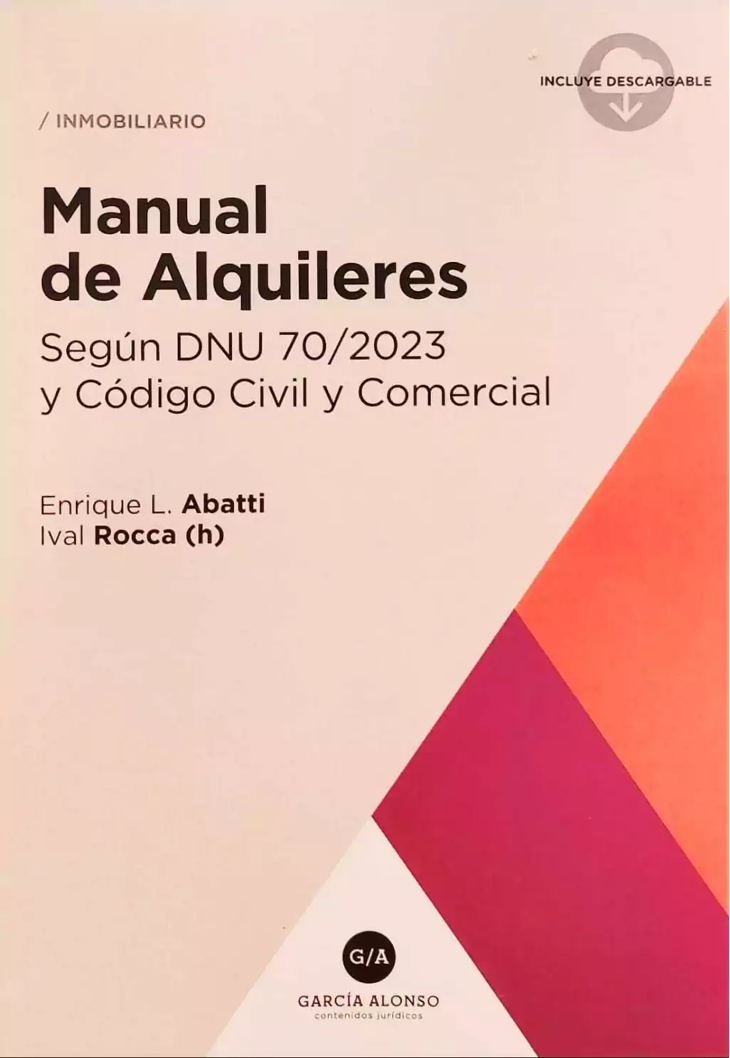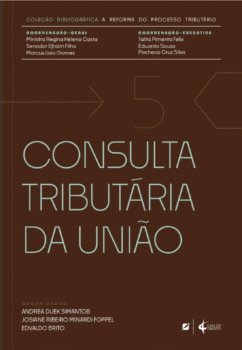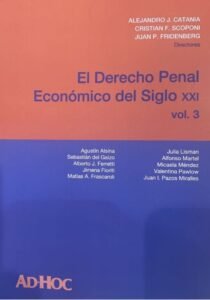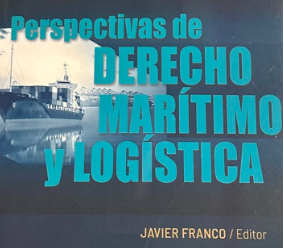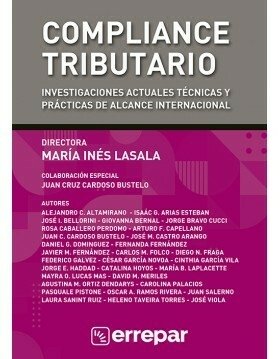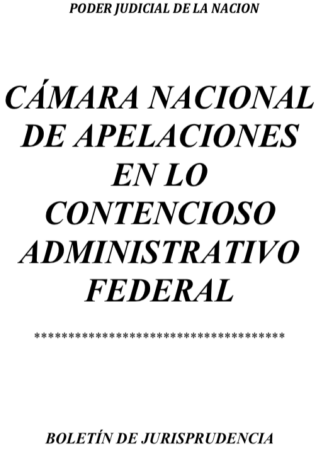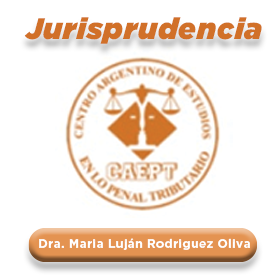OMC – Profundizan los debates sobre temas clave de sostenibilidad y los posibles resultados de la CM14
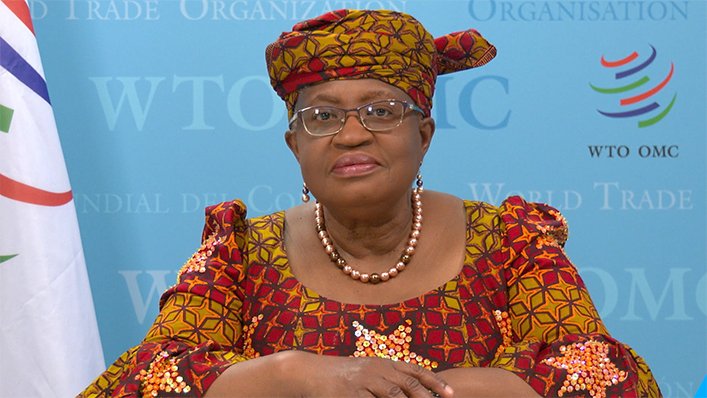
Ana Lizano of Costa Rica, a co-convener of TESSD, opened the meeting, recalling its main objective of stabilizing the draft outcome documents for MC14, which had been discussed for most of 2025. “We are eager to hear from you any additional comments, suggestions and modifications, in particular the policies or examples of your own economies,” she said.
She welcomed Thailand becoming a new co-sponsor of the initiative. In response, Thailand’s Deputy Permanent Representative to the WTO, Miss Pilanya Niyomthai, noted how TESSD resonated with Thailand’s domestic policies promoting a low-carbon society, green transition, environmentally friendly agriculture and inclusive growth. The decision to join reflected Thailand’s long-standing commitment to sustainability and environmental stewardship, she said.
Co-sponsors welcomed the current versions of the draft documents, seeing them as reflective of the work undertaken, and made further suggestions on the texts. The working group facilitators asked members to submit further comments in writing by 7 November.
During the two-day event, members also engaged in technical discussions on the circular economy and environmental goods and services.
In the Working Group on Circular Economy, members explored the role of trade-relevant policy and international collaboration in enhancing the circularity of the electronics sector. Participants heard an update from international organizations on their recent work, including the World Business Council for Sustainable Development (WBCSD)’s “Global Circularity Protocol for Business (GCP)” and the United Nations Industrial Development Organization (UNIDO)’s recent national, regional and global programmes aimed at unblocking circularity in the ICT/electronics sector.
The technical discussions and members’ experiences will be integrated by the group’s facilitators (Japan and Türkiye) into the Working Group’s draft outcome.
In the Working Group on Environmental Goods and Services (EGS), UN Trade and Development (UNCTAD) presented its work on BioTrade. The UN’s Food and Agriculture Organization (FAO) outlined how trade helps to enable the transformation to a bioeconomy for sustainable food and agriculture. Natura, a Brazilian cosmetics company, shared its trade-related bioeconomy experiences. Additionally, Brazil presented its latest bioeconomy activities and a new output titled “Environmental Goods and Services for Climate Adaptation and Mitigation in the Agriculture Sector: A Developing Country Perspective.”
Participants explored the trade dimensions of a bioeconomy and sustainable agriculture, including ways to assess whether goods and services linked to biodiversity and natural sources could contribute to environmental sustainability and sustainable development. Members also discussed the revised Analytical Summary and the Draft Key Insights on Environmental Goods and Services presented by the facilitators (the United Kingdom and the Philippines).
In the Working Group on Trade Related Climate Measures (TrCMs), facilitated by Switzerland, members exchanged views on the revised draft outcome, which takes the form of a compilation of policies aimed at achieving climate objectives. In the Working Group on Subsidies, facilitated by Israel and the Republic of Korea, members considered a new draft outcome on subsidy design elements, building on the compilation of experiences and discussions held in previous meetings.
Concluding the meetings, Nadine Nickner of Canada – another co-convener of TESSD – said: “I’m reassured that TESSD continues to showcase the important role that trade can and must play in helping achieve environmental sustainability and overall sustainable development goals. It is essential that we continue to demonstrate that constructive and effective discussions are possible in this field.”
Fuente: OMC







